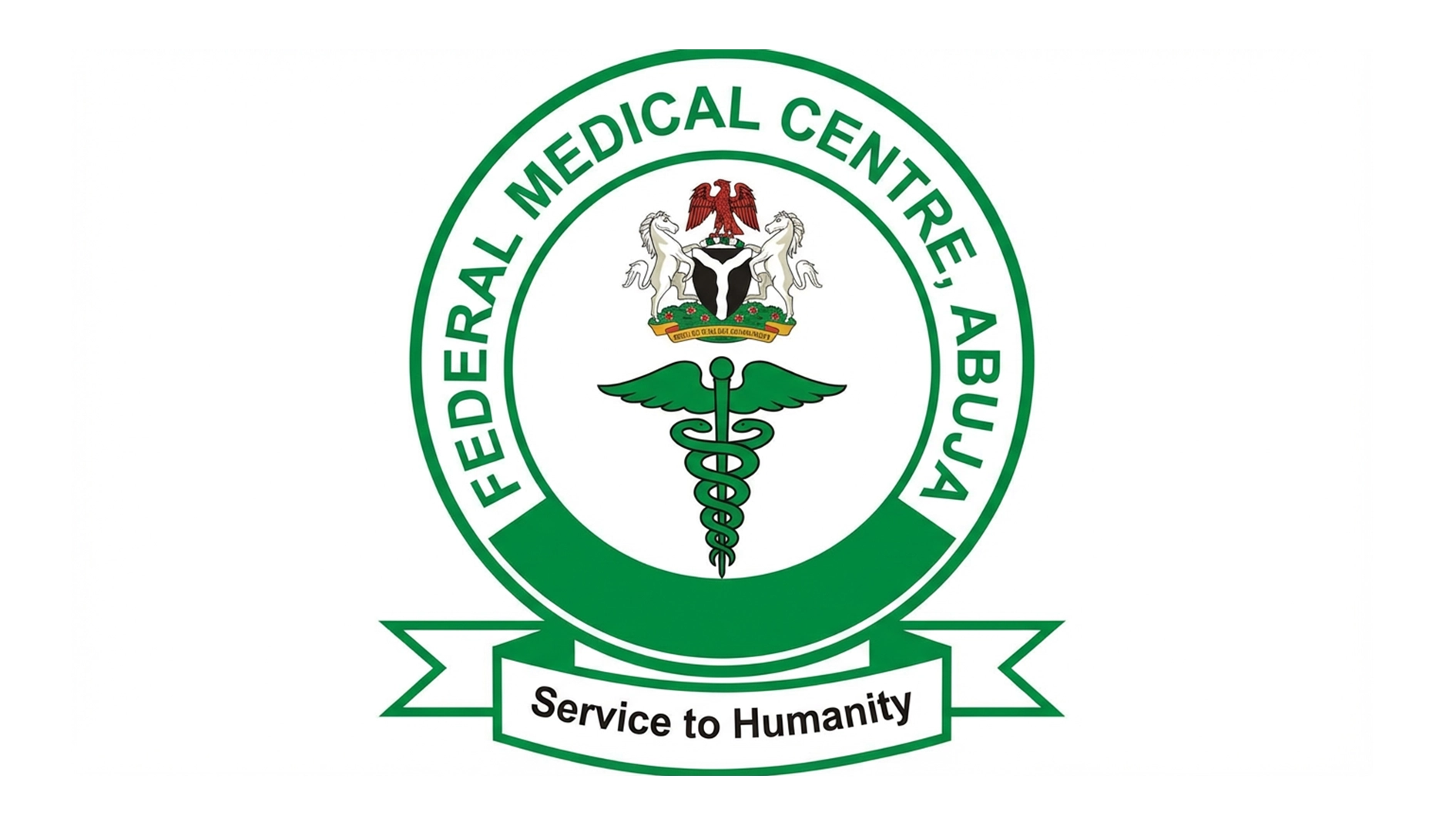Cochrane Nigeria has raised concern over the continued spread of cholera in the country despite the availability of proven prevention and control methods.
Speaking yesterday, during a media roundtable held at the Institute of Tropical Diseases Research and Prevention in Calabar, the Director of Cochrane Nigeria, Professor Angela Oyo-Ita, said lack of access to clean water and low public awareness are key drivers of the outbreak.
“Safe water is the number one prevention against diseases, any government that provides clean water for its people has done great. Then comes vaccines. You can’t do without water,” she stated.
Oyo-Ita, who is also a Professor of Community Medicine and Chief Consultant, Public Health, University of Calabar (UNICAL), noted that cholera remains a major public health threat in Nigeria, especially in communities affected by poor sanitation and seasonal flooding.
She urged journalists to play a stronger role in educating the public, saying accurate and timely reporting can help reduce the spread of the disease.
“This roundtable is aimed at helping journalists understand the science of cholera so they can report it responsibly. Sensational headlines should be avoided. The media must build public trust in health authorities,” she said.
Delivering a lecture titled, “An Overview of Cholera,” a Pediatric Gastroenterologist at the University of Uyo Teaching Hospital, Dr. Ekong Udoh, said cholera is endemic in Nigeria and outbreaks occur regularly, especially in the northern part of the country.
According to him, over 140,000 suspected cases and 4,364 deaths were recorded between 2021 and 2024. In 2024 alone, there were 4,809 suspected cases and 156 deaths.
Dr. Udoh explained that the disease spreads through contaminated water sources and poor hygiene practices. He warned that climate change is making outbreaks worse, with flooding contributing to contamination of drinking water.
He described the symptoms of cholera as including acute watery diarrhoea, intense thirst, muscle cramps, and severe dehydration, which can lead to kidney failure, coma, and even death if not treated quickly.
He added that about 75% of infected people show no symptoms but can still spread the bacteria through their stool for up to two weeks.
Dr. Udoh emphasised that while access to clean water and sanitation remain the most effective long-term solutions to cholera, vaccination plays a crucial role in controlling outbreaks, especially in high-risk areas. He noted that the World Health Organization (WHO) recommends the use of oral cholera vaccines (OCVs) as part of a comprehensive cholera prevention and control strategy, particularly during outbreaks and in endemic regions.
The expert explained that vaccination helps to quickly reduce the number of infections and deaths in vulnerable communities while other longer-term water and hygiene interventions are being implemented.
“Vaccines are not a replacement for clean water and sanitation, but they are an important line of defence. In places where cholera is common or during emergencies, the WHO advises that mass vaccination campaigns be carried out to protect populations at risk,” he stated.
To prevent further spread, Dr. Udoh called for a multi-sectoral approach that includes access to clean water, sanitation, personal hygiene, boiling of water for drinking, and proper food handling.
Both speakers stressed the need for political will and public health education to tackle cholera in Nigeria.






